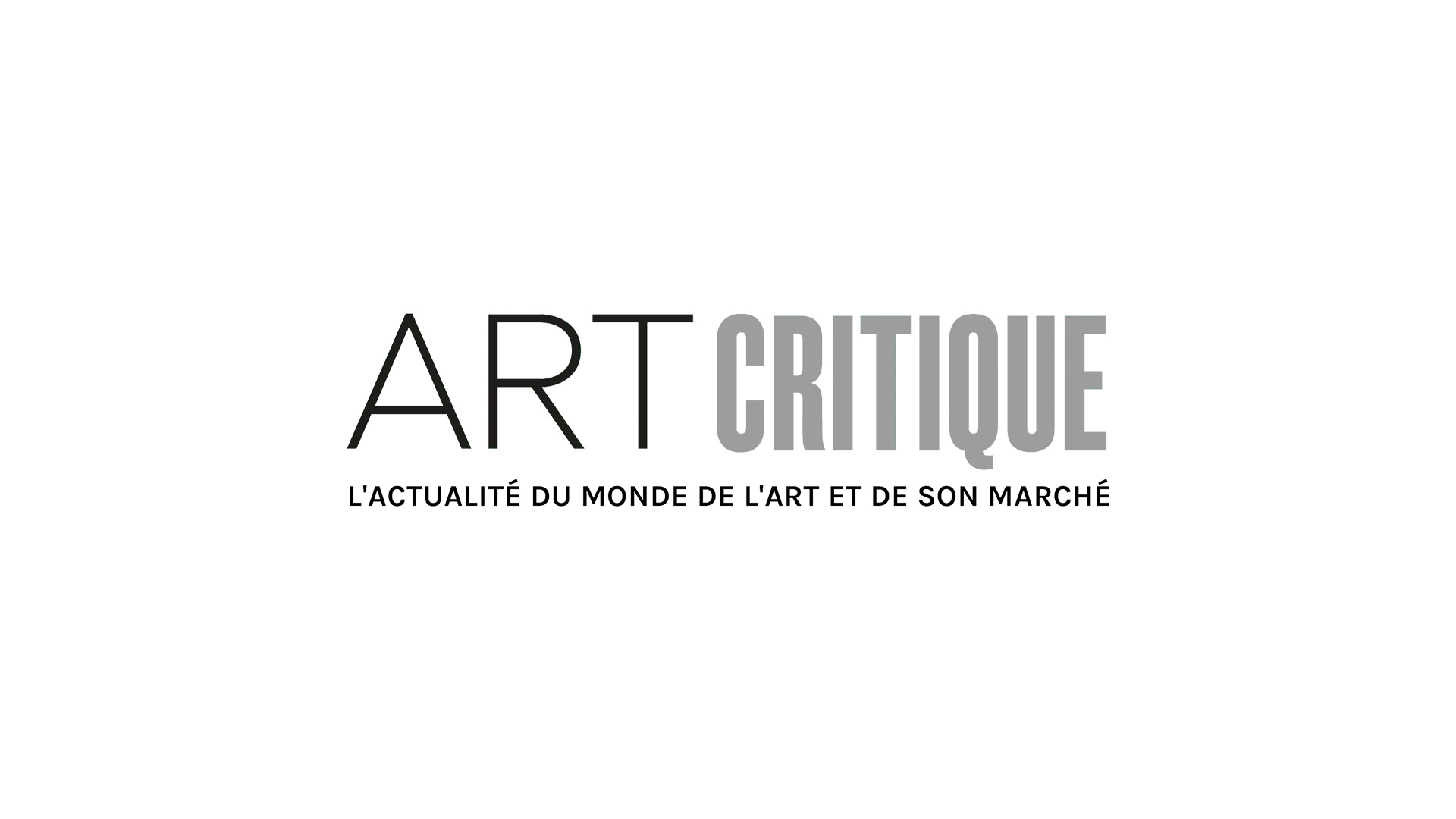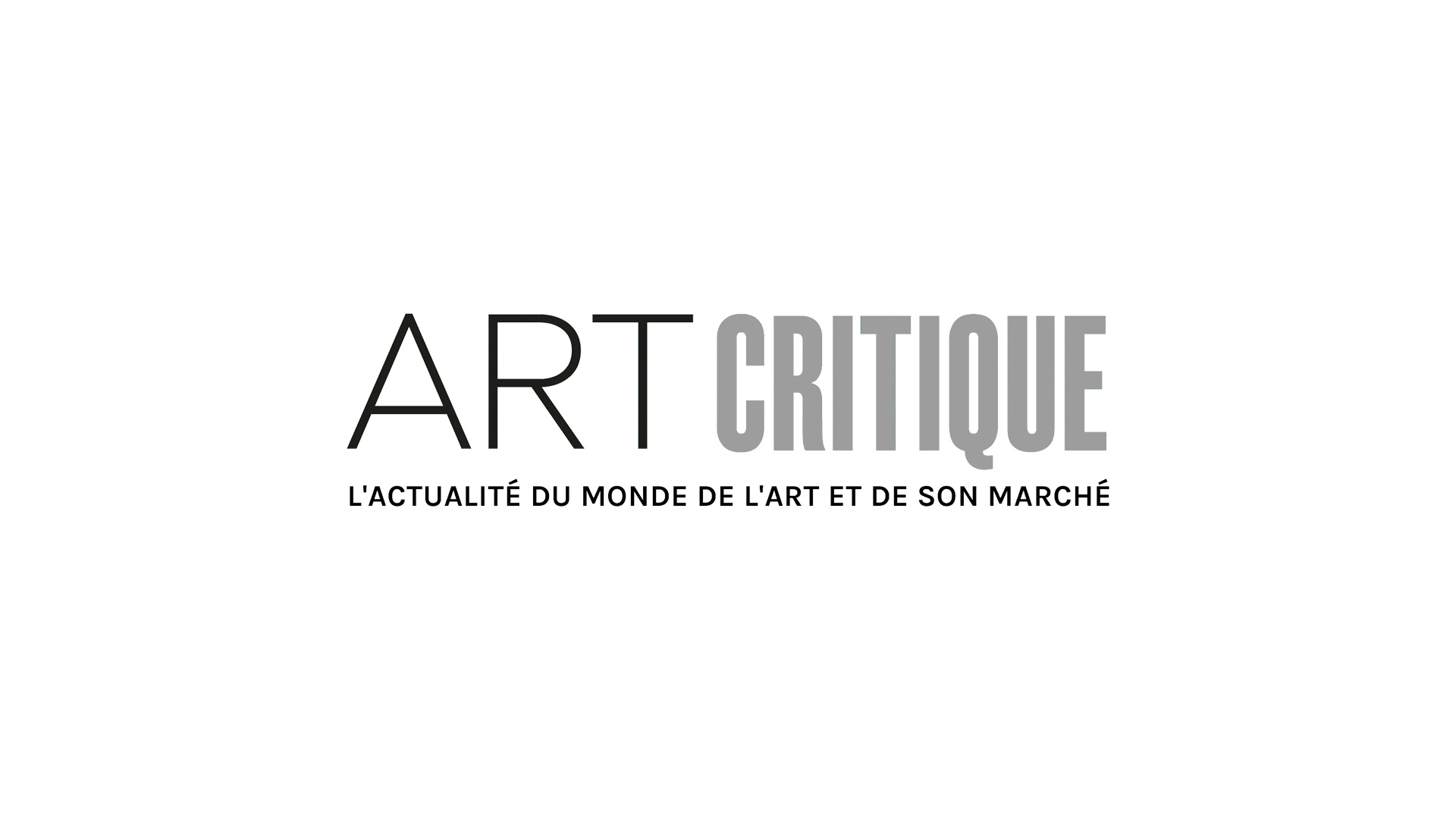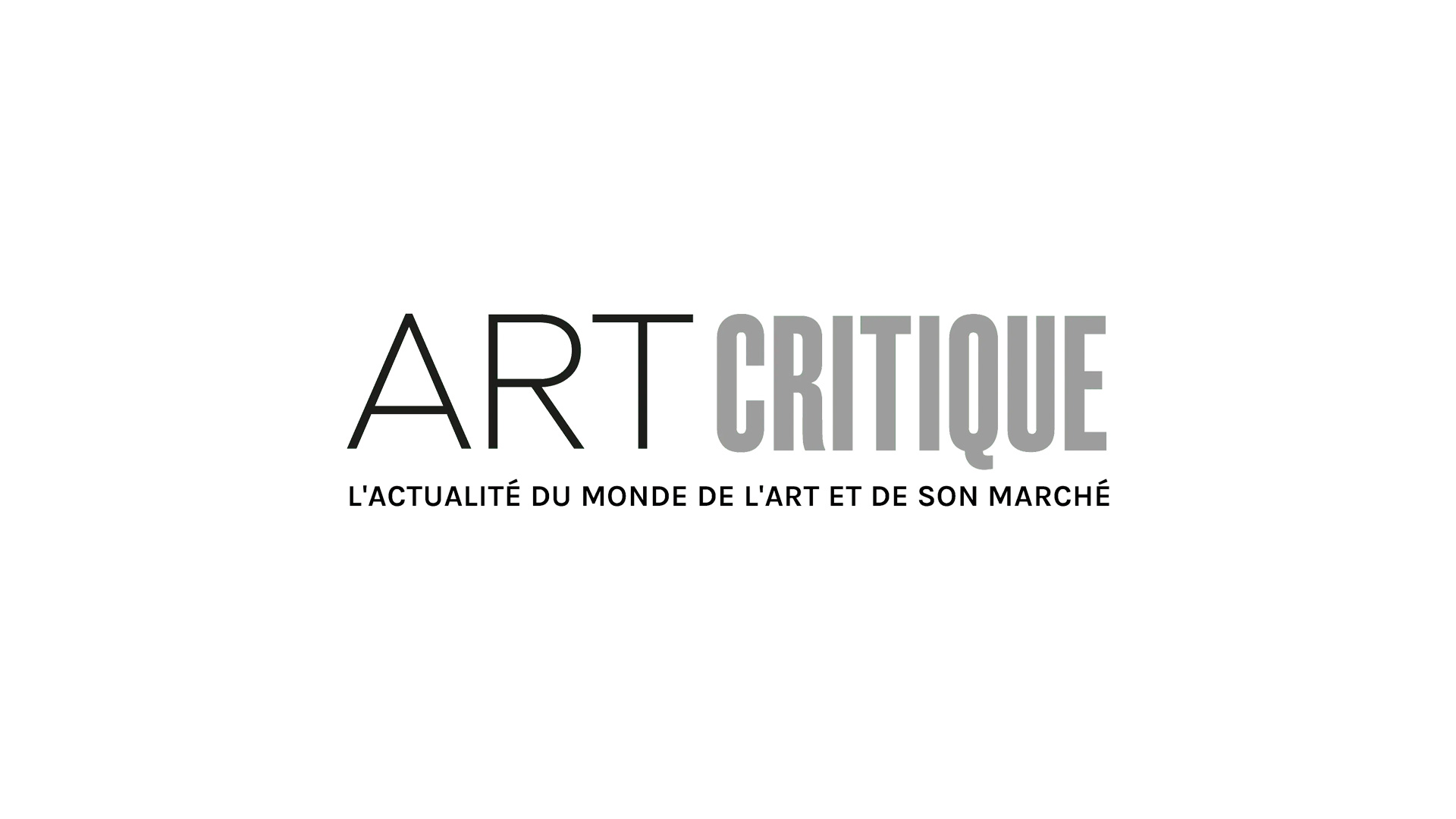In 1985, Hagia Sophia, the opulent Byzantine-era gem found in Istanbul, was declared a UNESCO world heritage site after being converted into a museum in the mid 1930s. Last week, however, Recep Tayyip Erdoğan, president of Turkey, announced that by the end of July, Hagia Sophia would be converted back into a mosque, a decision that UNESCO considered to be “deeply” regrettable.
On July 10th, Erdoğan declared that the historic building would once again be a mosque after a Turkish high court annulled a decision mandated in 1934 by then president Mustafa Kemal Atatürk. With Erdoğan’s formal declaration, Hagia Sophia could once again be used for Muslim worship and on July 24th, prayers are expected to begin again. For years, president Erdoğan has pushed for this, in 2018 he quoted a verse from the Quran while at Hagia Sophia and last year he vowed to revert the building into a mosque, but now that his words have become action, many, from the US government to Pope Francis, have criticised the ruling.

The history of the building is long, reflecting centuries of changes within the world and the area that claims the architectural feat. The renowned monument was built on the site of a smaller pagan temple in what was then known as Constantinople. Under the rule of Byzantine emperor Justinian I during the 6th century CE, the main portion of Hagia Sophia was constructed, which consists of a longitudinal basilica with a massive, 32-metre dome that seems to float on a sunny day thanks to a series of windows.
Persevering through a number of restorations, Hagia Sophia operated as the Cathedral of the Ecumenical Patriarchate of Constantinople until 1453, when sultan Mehmed II transitioned the building into a mosque following the Turkish conquest of Constantinople. Since the 1450s, a number of additions have been made to Hagia Sophia including a mihrab, minab, and, perhaps the most iconic additions: a series of minarets on the exterior of the building. Thus, Hagia Sophia is of extreme importance, not only religious bodies, but also to art historians who have found its mosaics to provide much information about Byzantine and Ottoman art as well as architects, given that it reflects more than a millennia of design and construction.
When Atatürk secularised Hagia Sophia and transitioned it from a mosque into a museum in 1935, he stated that the site would be “open to the visits of all nations and religions.” For its historical significance, it is a site of pilgrimage for people of all backgrounds from around the world, and last year, it saw more than 3.7 million visitors.
With the reverse of the 1934 ruling, UNESCO has warned that it could violate the rules laid out in the 1972 World Heritage Convention. In a statement, UNESCO also voiced its concern for the how the decision was made and that it came without a consultation with UNESCO. “It is important to avoid any implementing measure, without prior discussion with UNESCO, that would affect physical access to the site, the structure of the buildings, the site’s moveable property, or the site’s management,” said Ernesto Ottone, UNESCO’s assistant director-general for culture. secular
Responding to such concerns, Erdoğan’s press aide, Fahrettin Altun, tweeted Saturday that “Hagia Sophia’s doors will remain open to visitors from all around the world.” Meanwhile Turkish officials have referenced a number of other UNESCO sites, including Notre Dame in Paris and the Blue Mosque in Istanbul, which welcome visitors while operating as a place of worship.
An open letter signed by dozens of Ottoman and Byzantine art experts was published ahead of the Turkish government’s plan that expressed their concern that the transition will be detrimental to Hagia Sophia, not from a stance of function (mosque vs. museum) but from a stance of preservation. “In our opinion, the central question is not, ‘Should Hagia Sophia be a museum or a mosque?’ The central question is rather, ‘How can we best care for Hagia Sophia?,’” reads the letter, drawing “distinction between function and stewardship. [sic]”
Since the decision was announced, UNESCO has urged Erdoğan and the Turkish government to respect their obligation to Hagia Sophia as a world heritage site. Ultimately, UNESCO made one final plea: that Turkish authorities “engage in dialogue before taking any decision that might impact the universal value of the site.”







